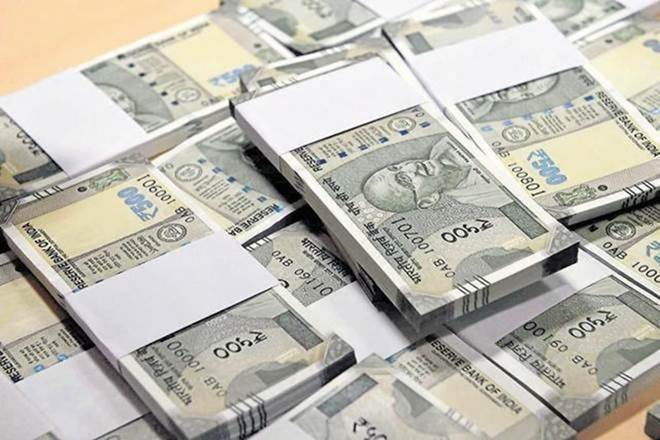Sometime in the mid-forties, a young army officer strayed into the ranks of the Indian Revenue Service. Captain Ganpati was never a perfect fit for the I-T department, yet, over the decades he became a legend, much admired for his integrity and generosity. “God has given you two hands, give with both”, he would exhort his juniors. As the country passed through an unprecedented public health emergency and severe economic stress, this is an important message to spread.
The government has already announced a financial package of Rs 1.7 lakh crore for the most vulnerable sections. NITI Aayog has proposed a further stimulus of Rs 10 lakh crore or 5% of the current GDP. The states too, are trying to soften the burden. Together, the stimulus would result in an unprecedented fiscal deficit of 13.1%as against 6% under the FRBM Act. There is, thus, only so much that the governments can do without impairing the country’s finances. In these circumstances, private philanthropy-giving while living-is needed to supplement the efforts of the state.
The World Happiness Reports, 2019 and 2020, argue that human well-being has six dimensions: you must have a basic income; enjoy good health and decent life expectancy; count upon some social support to face life’s problems; live in a society which is not corrupt. But, much more importantly, freedom to pursue goals in life and generosity towards others also impact your satisfaction in life.
A Gallup World Poll survey of a million people in 130 countries found that whether one had donated to charity in the last month was one of the six main predictors of personal satisfaction. Donations, social psychologists point out, appear to activate some reward centres in the human brain. This psychology, however, works only when people have the choice to give or not to give. They feel happier giving rather than paying taxes, but they feel happiest when they can choose where to give; feel connected with the people they give to; can see how their money has been spent; feel that they have made a difference.
The World Happiness Reports appear to confirm that as a nation, we are not great givers. However, things seem to be changing over the past few years. The Indian Philanthropy Report, 2019, by Bain and Company and Dasra, points out that yearly private social sector funding between 2014 and 2018 increased from Rs 40,000 crore to Rs 70,000 crore. During the same period, government spending on this sector increased from Rs 1,45,000 crore to Rs 2,10,000 crore at 10% per annum.
A number of corporate groups have contributed generously to PM-CARES. In line with the latest research findings, the PM could attract more donations if the Fund could publish the names of its beneficiaries, and the details of how they have benefitted.
Certain other governmental measures have been spot-on. Contributions to PM-CARES and various chief ministers’ relief funds are not only 100% tax-deductible under section 80G of the I-T Act, but they are also not subject to the ceiling of 10% of gross total income. The government, it seems, fully recognises the rationale behind this provision: with the help of donations, a charity performs the same functions which the state would ordinarily perform with taxes. Why then, within a limited context, should you not have the option to either pay tax or directly pay to any NGO performing the same functions? A case could be made out for including chief ministers’ relief funds in the list of entities eligible for corporate CSR funding. There is also a case for removing the 10% ceiling on donations to NGOs providing poor or medical relief in the current Covid-19 crisis? Let people choose where they want to give; and let all eligible charities compete for funds, on a level playing field!
Author was Chief Commissioner of Income-Tax. Views are personal

